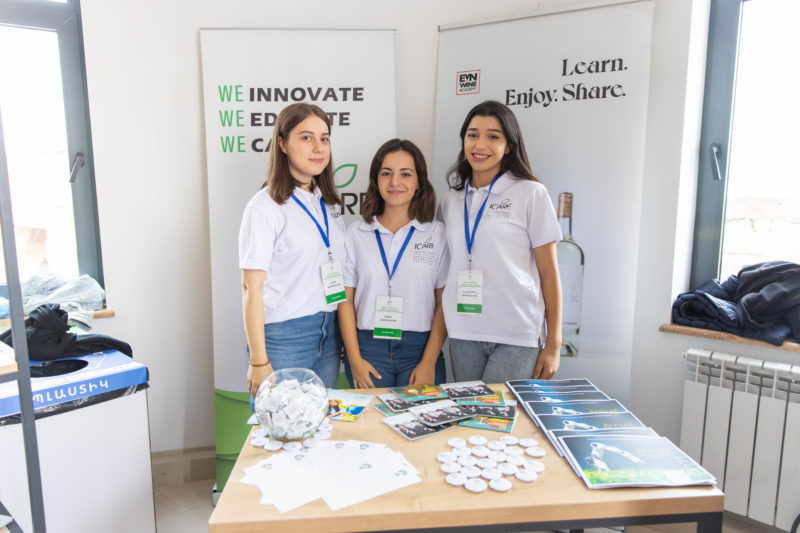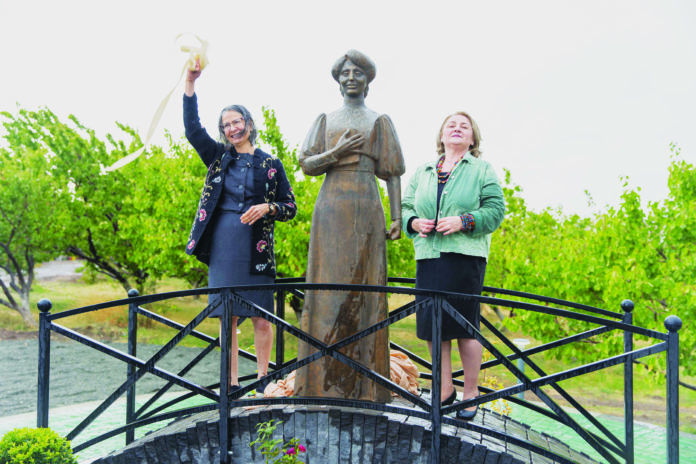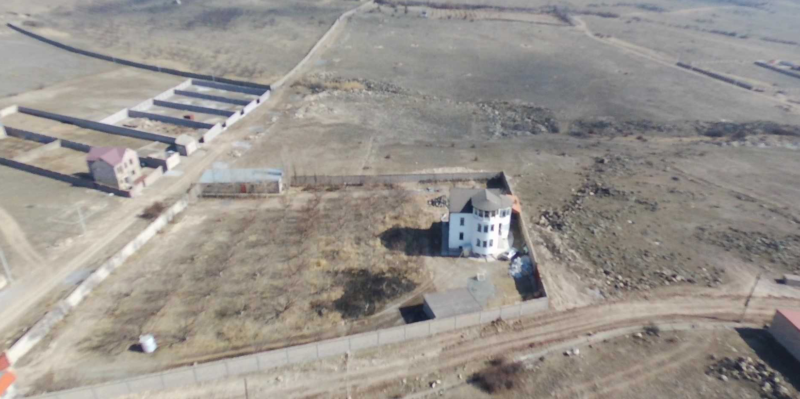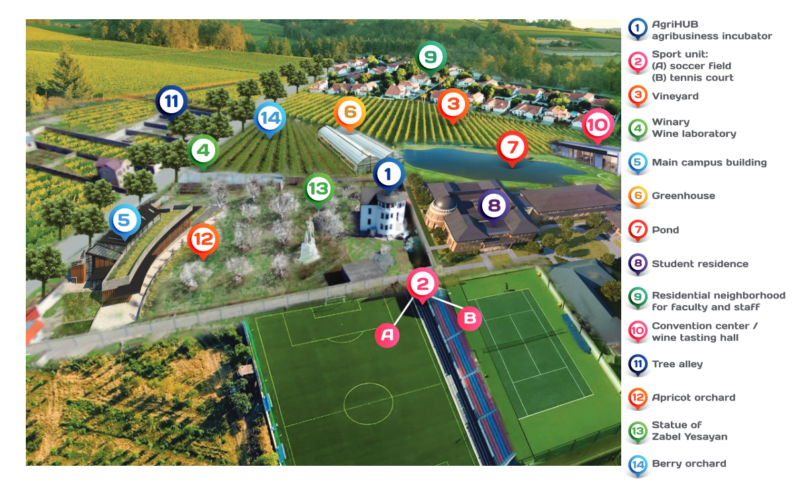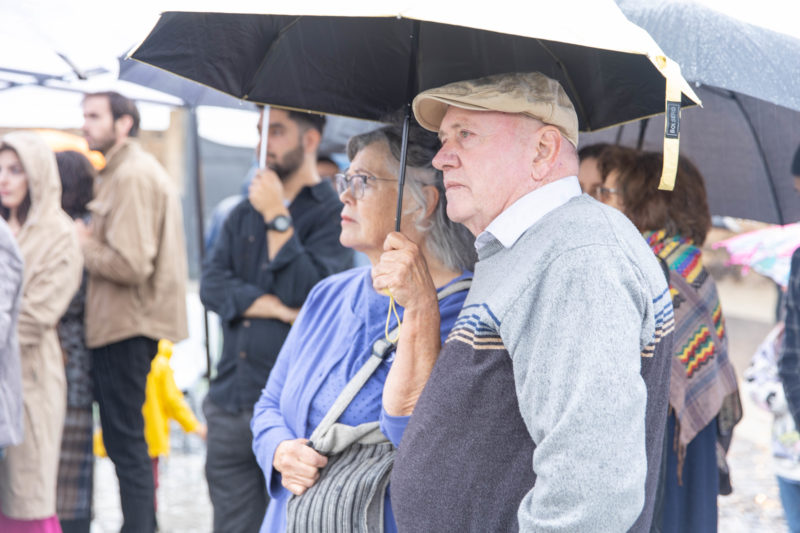WATERTOWN — The International Center for Agribusiness Research and Education (ICARE) has been providing agribusiness and agriculture education since 2005 based in an office and classrooms on Teryan Street in downtown Yerevan belonging to the Armenian National Agrarian University (ANAU). Now, it is developing in Proshyan village in Kotayk Province a campus which recently was renamed the Zabel Yesayan Agribusiness Center (ZYAC).
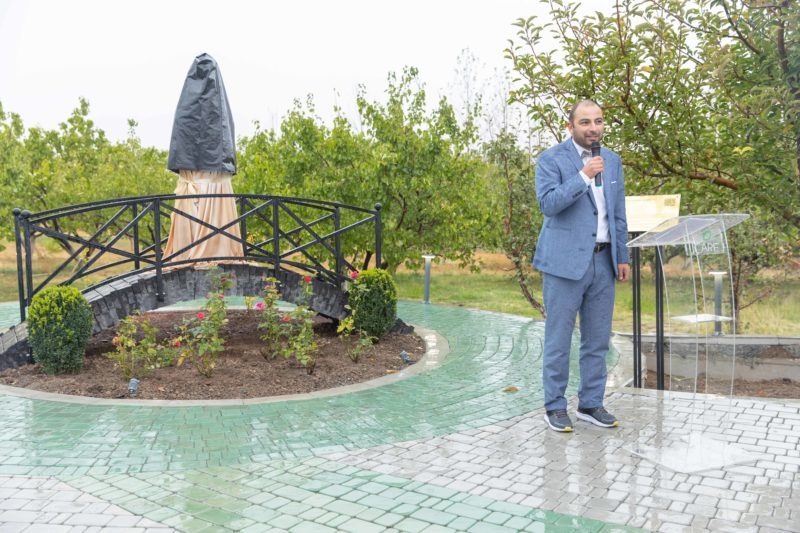
ICARE Foundation director Arthur Grigoryan explained that previously students would leave Yerevan for fieldtrips and internships but land was purchased in Proshyan in 2019 for a more hands-on learning experience, and more land was added from 2020 to 2022. The new area initially was called an ecofarm but was renamed ZYAC this October. Victor Zarougian and Judy Saryan, longtime major supporters of ICARE and its various subsidiaries, were major proponents of turning the ecofarm into a campus.
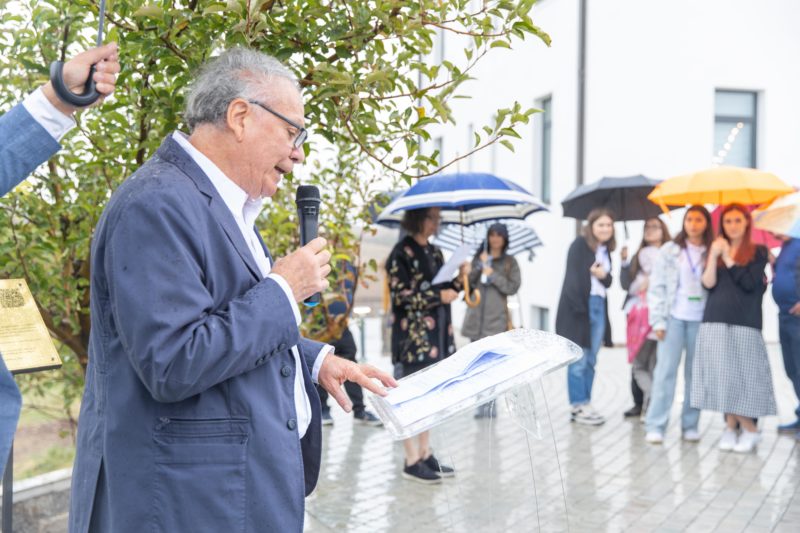
Saryan was involved with translation projects of the works of Zabel Yesayan through the Armenian International Women’s Association (AIWA). She said, “I am a big supporter or fan of Yesayan’s writing as well as her political activism and her focus on education. It seemed to me that her reason for coming to Armenia was really to be teaching at Yerevan State University. That fit well with the educational purpose and goals of ICARE. In addition, she was also very much a believer in the rural areas. You can’t ignore them; you can’t just focus on urban areas. Again, that seemed to fit with the goals of ICARE and their emphasis on agricultural education.”
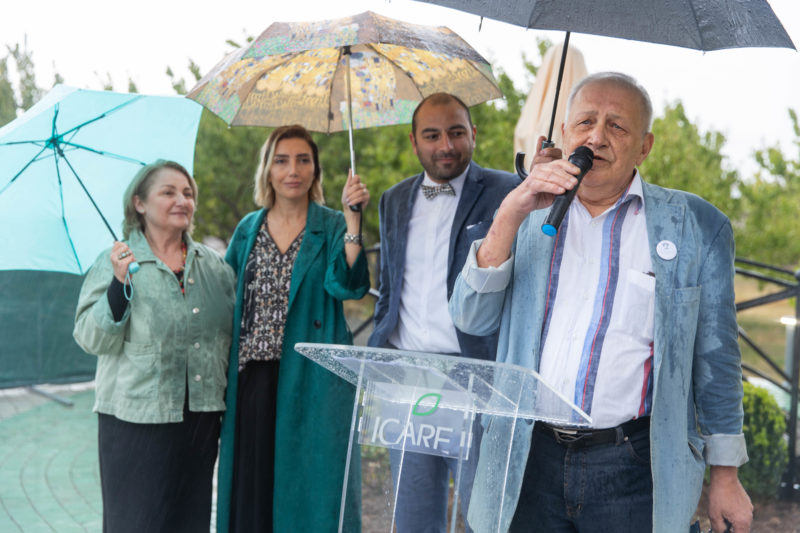
She added that she and her husband think that agriculture is vital for Armenia’s security and so it must be improved for the sake of food security and the stability of rural Armenia. As far as ICARE is concerned, she said, “We really believe in the people and the quality of education that they are giving is first rate. They are training people for jobs that actually exist in Armenia.”
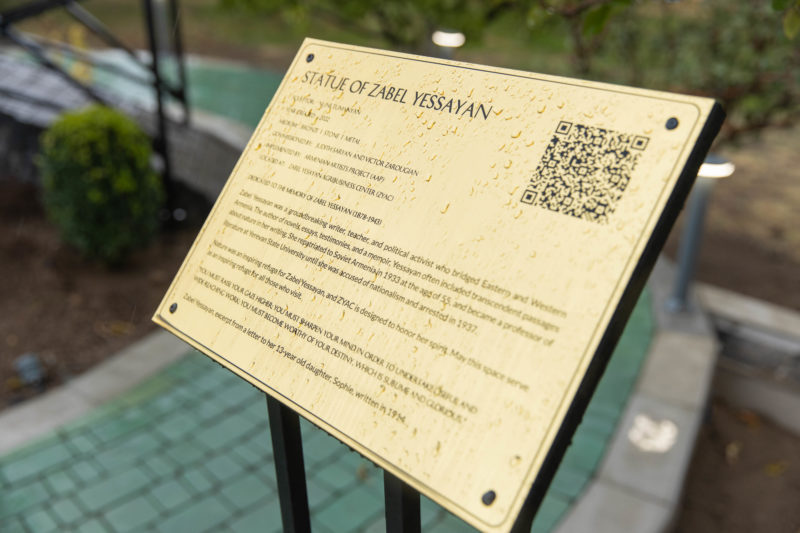
On his part, Grigoryan noted that changing the campus’s name made sense because although Yesayan was not directly connected to agriculture, she had a rebel spirit and the desire to change things, just as ICARE wants to do through its educational model. Not only was the ecofarm renamed ZYAC, but a statue of Yesayan, commissioned from Nune Tumanyan through a donation of Saryan and Zarougian, was erected on campus. As the center and campus was just in its initial state, Grigoryan said, “Zabel Yesayan is a sort of flagship to open doors for us and attract people to her statue and to the activities that we are doing here.”
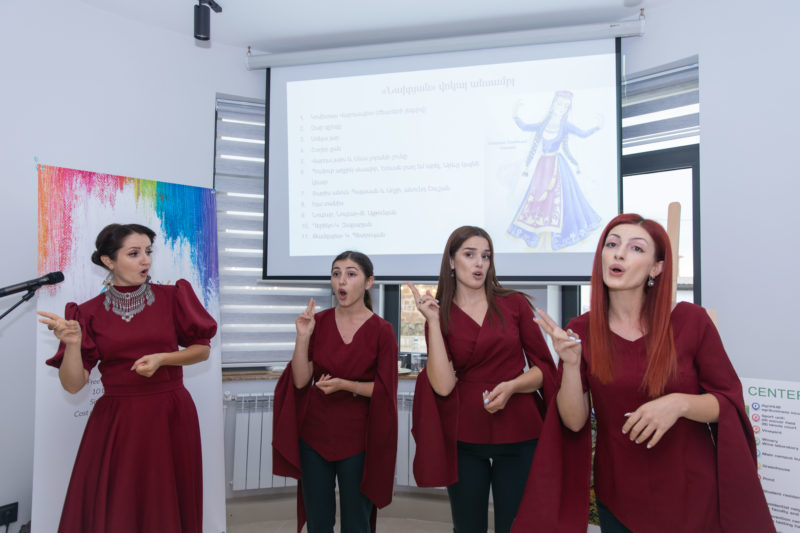
Decades prior to the campus project, and even before ICARE was founded, what became its flagship component, the Agribusiness Training Center (ATC), began in 2000 to provide undergraduate degree programs as a collaboration between Texas A&M University and ANAU. ICARE was founded five years later by these two universities and the United States Department of Agriculture’s Foreign Agricultural Service and began offering master’s degree programs in 2010. Today, ICARE’s ATC continues to offer degrees through ANAU, whose focus is degree education. Grigoryan specified that ICARE does not want to create another university or replicate ANAU (where he is a departmental dean).
